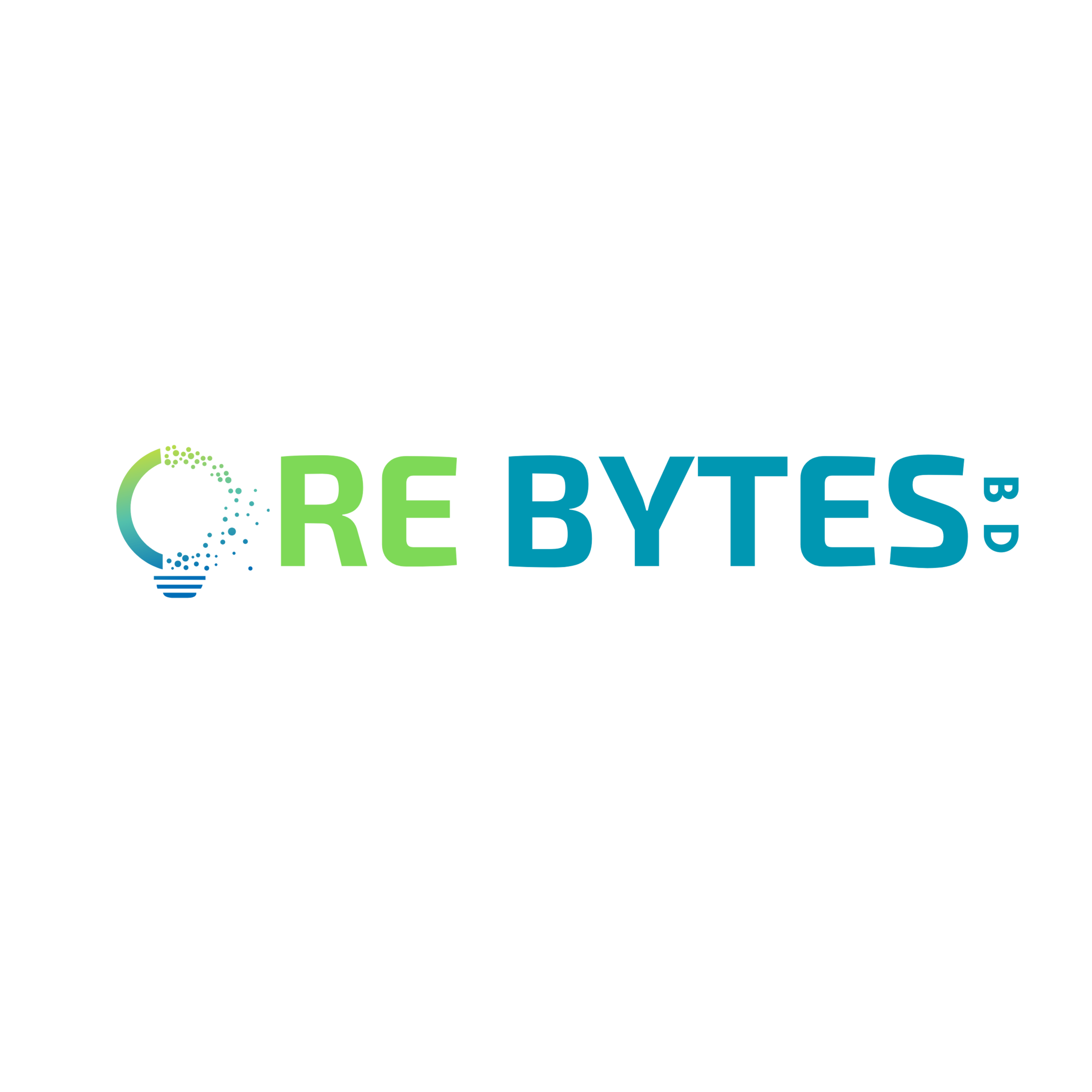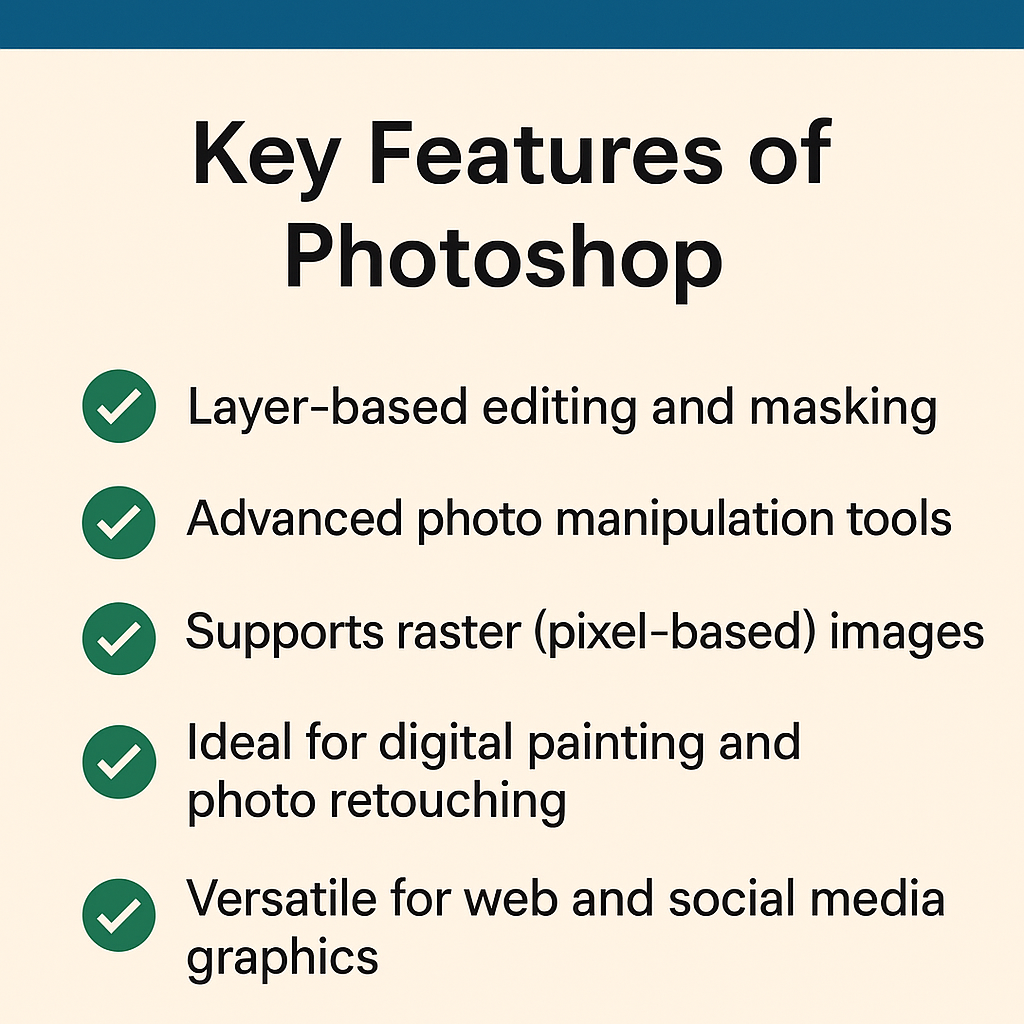Artificial intelligence is making waves across industries. Now, it’s set to transform drug discovery. At a recent health-focused event in New York, Google unveiled TxGemma, a collection of AI models designed to enhance pharmaceutical research. The company aims to simplify the long and costly drug development process by offering advanced AI tools to researchers.
What Is TxGemma?
TxGemma will launch later this month under Google’s Health AI Developer Foundations program. It can analyze both regular text and molecular structures, including chemicals, proteins, and therapeutic entities. This AI helps predict key drug properties such as safety and effectiveness.
Karen DeSalvo, Google’s Chief Health Officer, highlighted the importance of innovation in drug development:
“The development of therapeutic drugs from concept to approved use is a long and expensive process, so we’re working with the wider research community to find new ways to make this development more efficient.”
AI in Drug Discovery: Hype vs. Reality
AI has been a hot topic in drug discovery for years. Companies have promised groundbreaking advancements, but results have been mixed. Google’s spin-out, Isomorphic Labs, along with Exscientia and BenevolentAI, have claimed AI could speed up early-stage drug development.
However, real-world results have been inconsistent. While tools like Google DeepMind’s AlphaFold 3 have shown promise, some AI-driven firms have suffered failures in clinical trials. Success in the lab does not always translate to real-world breakthroughs.
The Future of AI-Powered Drug Discovery
Despite challenges, the pharmaceutical industry remains optimistic. Over 460 startups are working on AI-driven drug discovery. Investors have poured $60 billion into this space.
Google’s TxGemma could be a game-changer by making AI tools more accessible. However, key questions remain. Will companies be able to fine-tune the models? Will Google allow commercial use? The company has yet to clarify these details.
With Isomorphic Labs planning to test AI-designed drugs this year, the next decade could bring major advancements. Pharma giants like Eli Lilly and Novartis are also investing in AI research. This could lead to breakthroughs—or continued challenges in turning AI potential into real-world impact.
Final Thoughts
AI in drug discovery is not a magic fix, but it holds great promise. Google’s TxGemma is a step toward making research more efficient. Its success will depend on how well researchers and the industry integrate AI into real-world applications.
As TxGemma rolls out, we’ll see if it lives up to the hype or becomes another AI experiment with limited impact.




